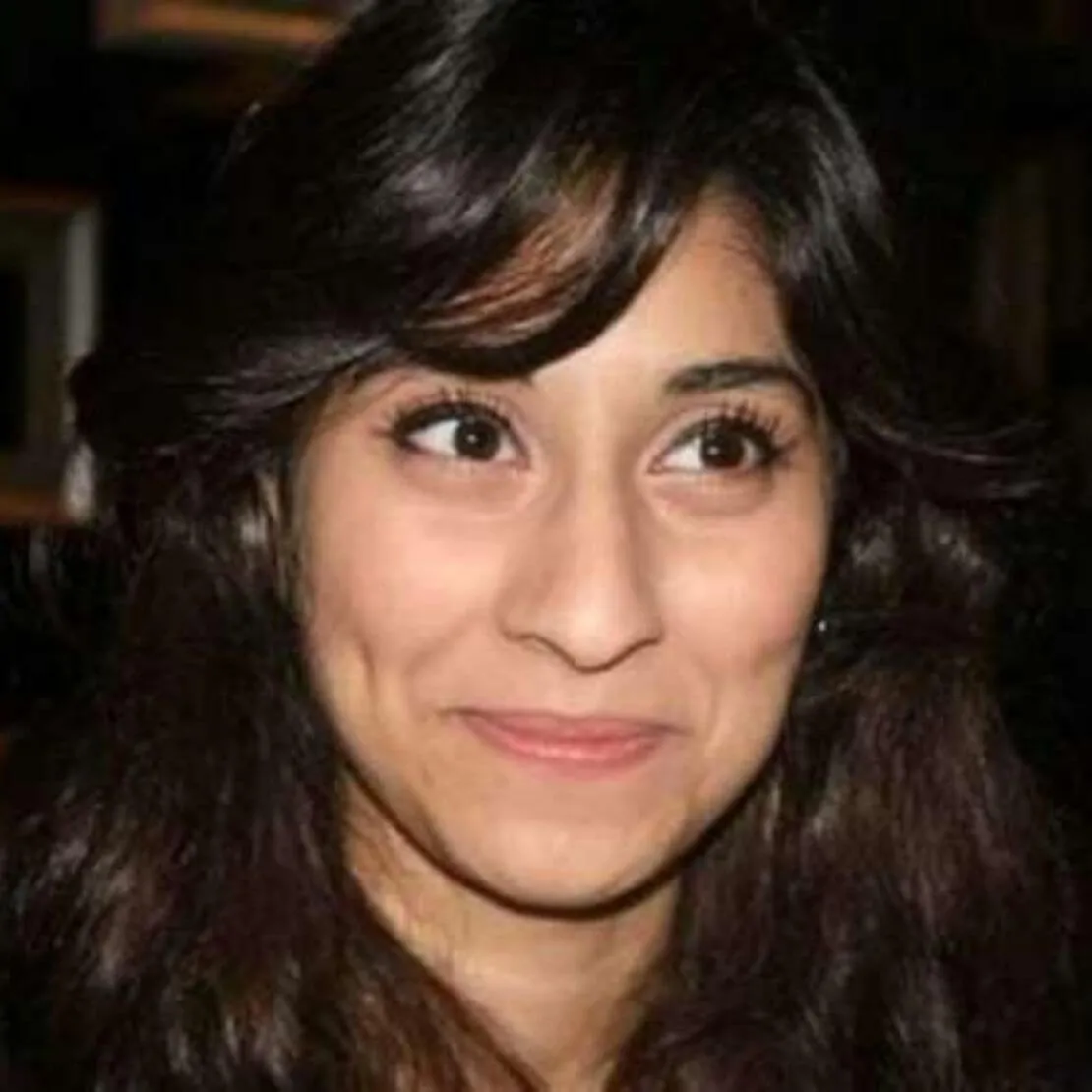The 27-year-old Pakistani woman was found dead on July 20.
27.
Noor was 27.
Just yesterday, I was speaking with a friend about how lucky we are as women to be able to turn 27 next month. When you are raised in a country like India, where each day you’re told you’re lucky to be alive because “your parents didn’t abort you”, you learn how to be grateful. Even though there is nothing to be grateful for, being allowed to live is a basic human right.
Or is it?
In Pakistan, Noor Mukadam, daughter of diplomat Shaukat Mukadam, was beheaded for refusing to marry a man. The man in question, and her suspected killer, Zahir Jaffer, a Pakistani-American, has allegedly confessed to the crime. Media reports suggest Zahir has been involved in crimes and violence against women in the past, too.
It is not unusual for men to harm women and roam scot-free. It is not unusual for the system to protect rapists and killers while women are scrutinised for being characterless. It is not unusual for a Noor to have died at the hands of a violent Zahir.
Unfortunately, for South Asian women, it is a little too common. Violence against women is in the news for a few days, people grieve, and many pray for peace.
But artist-activist and one of the biggest voices of MeToo Pakistan, Leena Ghani, says she is tired of praying.
“I can’t just pray; it is clearly not working. We have to fight. Every year in Aurat March, we fill the streets, and we demand rights. But guess what? The country can’t even pass a basic domestic violence bill to protect its women,” says Leena.
She admits she is shocked by some of the details of the case but is certain they accurately represent Pakistani society. “I just read that she couldn't run, she couldn't get out of the house, because his house has an electric gate. I was wondering, well, so you have an electric gate for your safety, and then you bring women to torture them? It just shows the deep darkness of Pakistan and our society. Women are silenced every day. Things have to change, but I don't even know if Pakistan is ready for it.”
In 2016, Qandeel Baloch, a Pakistani model, was strangled to death by her own brother “for bringing shame to the family”. She was 26.
In 2020, a Dalit woman was raped and killed in Hathras, India. She was 19.
In 2006, I was sexually assaulted for days by my neighbour, who taught me math. I was 11.
#JusticeForNoor, a worldwide campaign, has taken off to demand accountability for Noor’s murder. But, in Pakistan, it isn’t easy. Ranked as the sixth most dangerous country for women, it is one of the ten worst countries in terms of gender equality. The conviction rate of rape is as low as 0.3%.
“The #JusticeForNoor campaign is not just a wake-up call anymore. It’s time to act, to hold perpetrators accountable by law,” says Pakistani-Australian writer Ayesha Tauseef. “We need to ensure knowledge doesn’t stay in the stratified circles of educated elites. Domestic violence needs to be talked about in Urdu and other indigenous languages.”

Violence against women is not one column of a newspaper or a vigil, the candles of which will blow out in two hours. It is an ongoing and brutal stripping of human rights from women across South Asia. It is a terrifying reality millions of brown women continue to live through, and many die of.
This is not limited to the continent of South Asia. South Asian diasporic women too are subjected to a similar standard of patriarchal hierarchy.
Ayesha says she is slowly recognising intergenerational trauma and working on breaking internal patriarchy as a starting step.
“My experience as a diaspora Pakistani woman was shaped by the traditional toxic norms in my household that perpetuated cycles of patriarchy instead of ending them,” she says.
“It’s only now that I see my mother as a victim of a broken system too. I understand my own mother’s story and the importance of it. Empowerment can only be achieved if all women are given space to share, to reconstruct to understand, which is why intersectionality should extend to our own household first.”